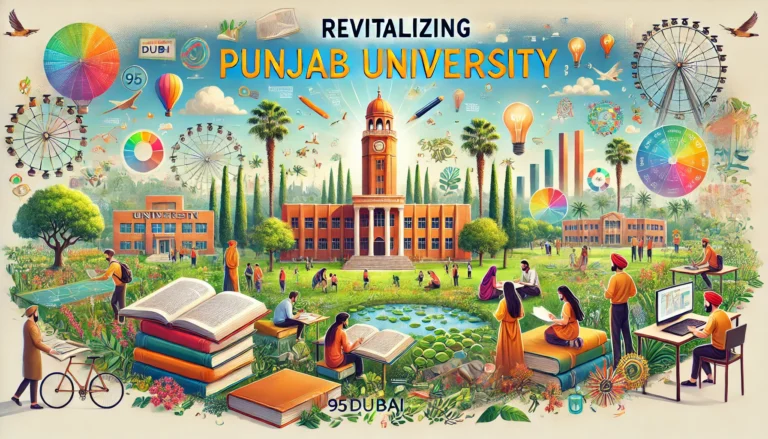Major Development Schemes Approved in Punjab: A Boost for Infrastructure and Health
In a significant move to enhance the infrastructure and health services in Punjab, the Provincial Development Working Party (PDWP) has approved nine major uplift schemes with a combined investment of over Rs50 billion. These schemes, sanctioned in recent meetings, aim to address critical needs across various sectors, including health, education, road infrastructure, and environmental management.
Key Projects and Their Impact
- Health Sector:
- One of the most substantial investments is the establishment of the Nawaz Sharif Institute of Cancer Treatment and Center, with a budget allocation of Rs56 billion. This project is expected to significantly improve cancer treatment facilities in the region, providing advanced care to patients and reducing the burden on existing health infrastructure.
- Education and Technology:
- The upgradation of primary schools under the afternoon school program is allocated Rs5.658 billion. This initiative aims to increase educational accessibility and enhance the quality of primary education across Punjab.
- Additionally, the revamping of data center services and computerization of the Punjab Public Service Commission (PPSC) is set to modernize administrative processes, with respective budgets of Rs735.289 million and Rs18.200 million.
- Road Infrastructure:
- Several road rehabilitation projects have been approved to improve connectivity and transportation. Notable projects include:
- The improvement of the Sahiwal-Arifwala Road to Harappa Bye Pass via Malan Shah Chowk, costing Rs1.022 billion.
- The rehabilitation of roads in Sargodha, Layyah, and Narowal, with combined investments amounting to over Rs3.5 billion. These projects aim to facilitate smoother transportation, reduce travel time, and boost economic activities in these regions.
- Several road rehabilitation projects have been approved to improve connectivity and transportation. Notable projects include:
- Environmental Management:
- The investigation of sources of particulate matter to inform decision-making in Punjab is another critical project, with an estimated cost of Rs560 million. This initiative underscores the government’s commitment to addressing environmental issues and promoting sustainable development.

These development schemes reflect the Punjab government’s strategic focus on enhancing public services, infrastructure, and environmental sustainability. By allocating substantial resources to critical sectors, these projects are poised to improve the quality of life for residents, stimulate economic growth, and ensure a more sustainable future for the province.







